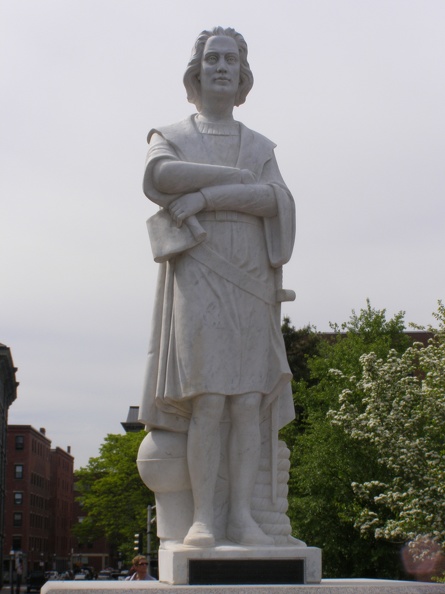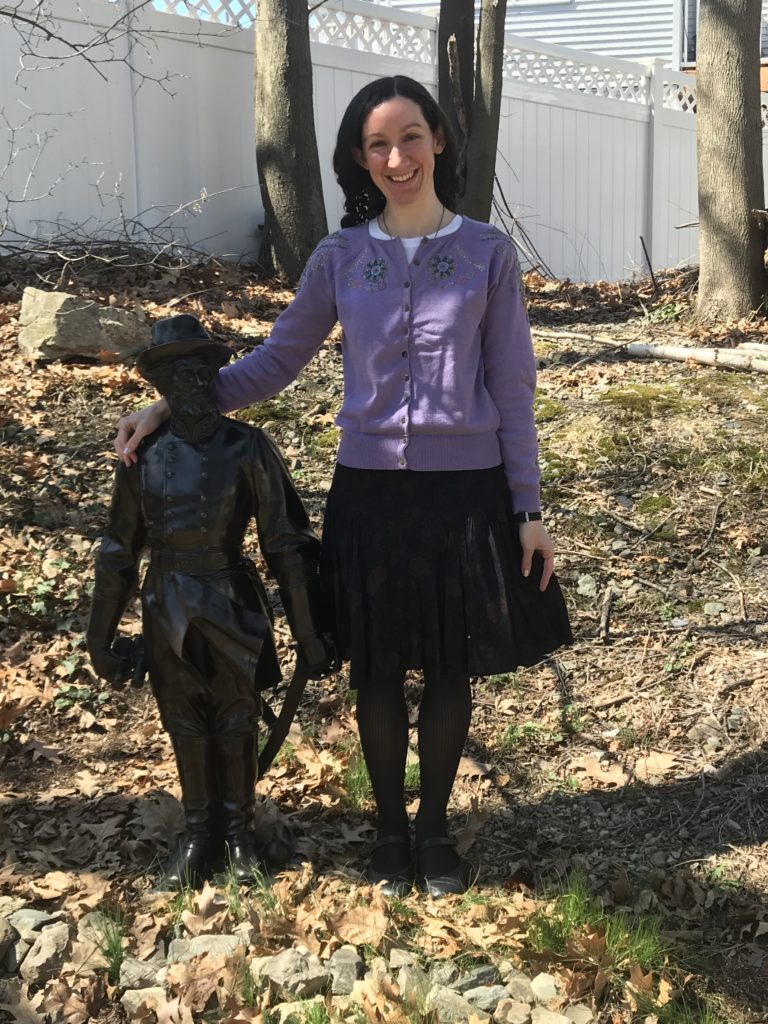I recently came across the below post on social media, which really irritated me as it is an example of the arrogance and logical inconsistency demonstrated by many on the left-hand side of the political spectrum:
“I want to be absolutely, positively, utterly, certainly [expletive] clear on this. An opinion is for whether pineapple goes on pizza, red sauce or white sauce, and whether you’re a winter or a summer color.
It is not, and I repeat, it is NOT, about whether trans people should have gender affirming medical care. No one is doing surgeries on trans kids. Puberty blockers are just that: blockers. When they’re stopped, puberty resumes. These treatments and those like them have a 99% effective rate, which would be considered [expletive] MIRACULOUS in every other field of medicine. That little 1% of people who de-transition overwhelmingly do so because they feel unsafe to transition or that their livelihood is jeopardized somehow, AND OFTEN RETRANSITION. For context, fully 8% of parents in one study claimed regret over having children, and another 6% on top of that said they initially regretted it but no longer do… But you still see people having babies and making decisions for their own [expletive] lives.
It is unspeakably VILE to me that anyone would be in a position to engage with children in a professional, healthcare setting, who would deny them access to care, or shame them for desiring it, and continue to espouse this both-sidesism when you are CLEARLY uninterested in hearing from actual trans people regarding care that has saved their lives, and would have made their early lives infinitely easier and less traumatic and dysphoric. Doubly vile to claim the mantle of priesthood while doing it. Trans people, and trans youth, deserve better.”
The question that pops into my mind upon reading this is: what right does this person have to tell everyone else in the world what an opinion is, and what an opinion isn’t? Who the heck is he to dictate the topics on which people are and are not allowed to have opinions?
Believe it or not, an opinion can be for any topic whatsoever. An opinion can be about which toppings should be added to pizza, what type of sauce is best, which colors a person should wear, OR whether trans people should have “gender affirming medical care.” As shocking as this might be, people can have opinions on any of these topics.
Obviously, the person who made this post disagrees with the opinion that there should be restrictions on medical procedures related to gender transition. But it does not follow that such a position is somehow not actually an opinion at all. No matter how strongly you disagree with another person’s opinion on gender transitioning, no matter how wrong you believe that opinion to be, it is, in fact, an opinion. The fact that an opinion differs from your own doesn’t make it not an opinion.
The person who made this post is seemingly arguing that it is only possible for people to have opinions on topics that he considers to be relatively unimportant. If a person disagrees with him on an issue that he feels strongly about, the logic apparently goes, then their position on that issue is somehow not actually an opinion. But that simply makes no sense. People can have opinions on things that are unimportant, and people can have opinions on things that are important. (People can even have – gasp! – differing opinions on the relative importance and unimportance of different things!) People can have opinions that are wrong, and people can have opinions that are right. People can hold any conceivable position on any conceivable topic. That’s what an opinion is.
Another thing that merits mentioning is the inconsistency in how the “woke” ideology treats transgender rights compared to other issues. The person who made this post seems to feel pretty strongly about people’s right to make “decisions for their own [expletive] lives” even when there is a risk that the person will later regret the decision. But somehow, I doubt that this person is equally passionate about the right to decline medical interventions, such as vaccines for example. I would bet good money that this person actually vociferously opposes such a right.
It is illogical and immoral to consider the right to transition-related medical interventions so basic that people aren’t allowed to have dissenting opinions about it, while simultaneously opposing the right to decline medical intervention. As “unspeakably VILE” as this person considers the denial of care to be, it is even more vile to force care on people who do not want it. Yet this is precisely what countless Democratic mayors, city councils, governors, state legislatures, members of Congress, and the President of the United States have done. Where is the outrage about this far more serious violation of fundamental rights?
Among those on the left-hand side of the political spectrum, nowhere. (Or more accurately, it was directed at those expressing opposition to the rights violations, instead of at the violations themselves.) I guess I shouldn’t be surprised. One can no longer expect adherents of “woke” ideology to demonstrate logical consistency. Or any logic whatsoever, for that matter.


